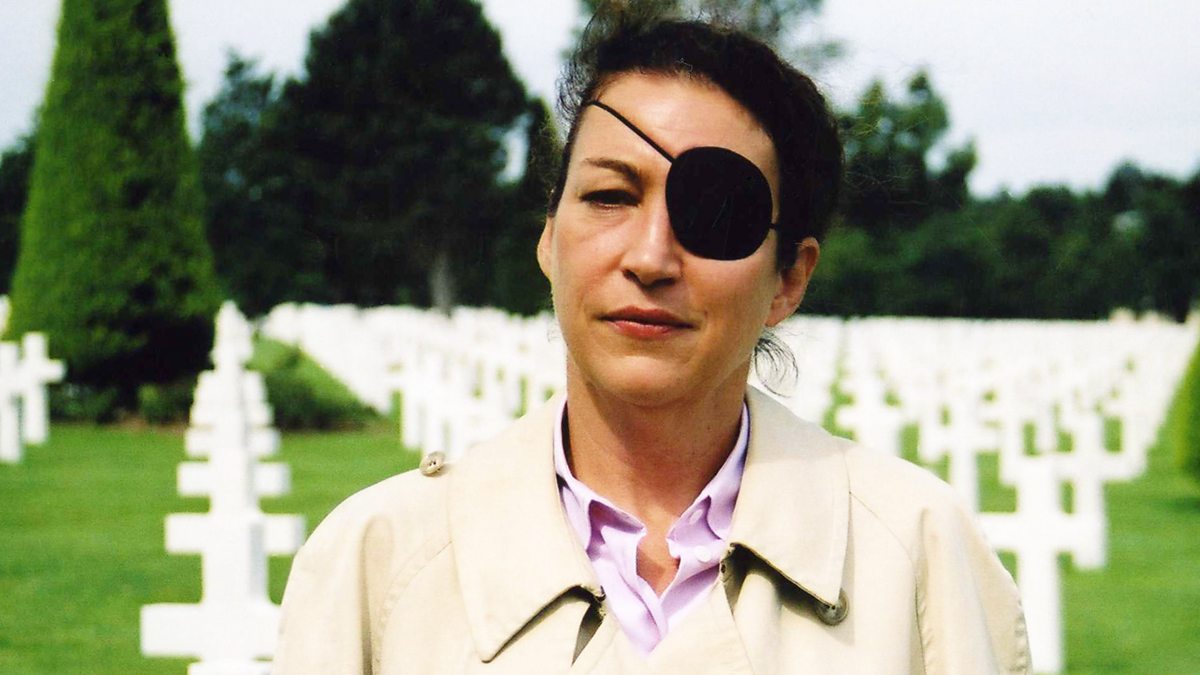

I listened to the audiobook and it was narrated by the author, Lindsey Hilsum.

Yet, there is a lingering note of regret here. It all rather depends where one let’s one lens fall - Colvin had more moments of joy and intense pleasure than most people can imagine. It made me wince to listen to someone who seemed to need help and was often desperately unhappy. She offers descriptions of Colvin being drunk at key moments, not filing copy in time, flouting the advice of editors and bosses. Early in the book it’s very apparent from Hilsum’s descriptions that Colvin was using alcohol spectacularly. How close must one be to “bear witness”? From my perspective, as a doctor involved with vulnerable people, it’s difficult not to listen to this book and be appalled at the pathology on display. I would hope that this is a topic that is debated regularly. There has clearly been much introspection about the role of the war correspondent in past years but this book should certainly generate plenty of discussion amongst journalists. Her admiration and love for Colvin shines through but this is no hagiography Colvin’s flaws are left open for examination. Hilsum does a very good job of presenting the facts and we’re left to fill in the gaps.

We have to celebrate her work and life but did it have to come at such an appalling cost to the individual? Is being the greatest war correspondent about being the person who runs the biggest risks?

That’s understandable and it doesn’t dwell on any moments of personal unhappiness or any self-destructive behaviour that brought those plaudits. Her website° states she was “the greatest war correspondent of her generation” and pays tribute to her achievements. In a sense there is a mythologising of Colvin that occurred during her lifetime and has certainly intensified since her death. 16 March 2020 In Extremis: The Life of War Correspondent Marie Colvin by Lindsey Hilsum


 0 kommentar(er)
0 kommentar(er)
